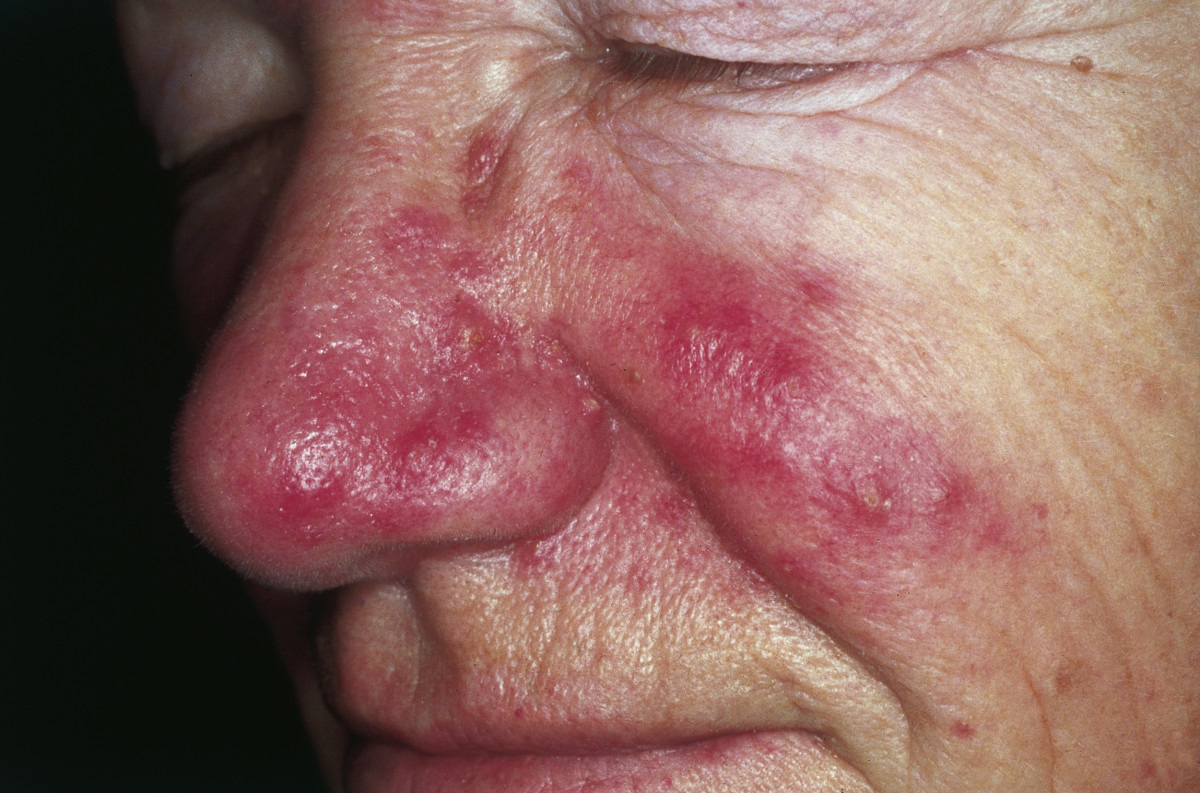
More about rosacea
Rosacea is the medical term for the chronic inflammatory disease of the skin, which occurs in adults. The results of rosacea are facial redness and the appearance of small red bumps or pustules that are filed with puss. This disease does not have a cure, but it must be treated to control and decrease the symptoms, because rosacea is a progressive disorder, and can be worse over time. The most frequent signs of rosacea are redness on the face and red bumps or pustules on nose, cheeks, forehead and chin. Moreover, red and bulbous nose, as well as small blood vessels that are seen on the face, may also occur. Ocular rosacea is the burning feeling in the eyes and it usually happens as one of the symptoms of rosacea.
There are three stages of the appearance of rosacea: pre-rosacea, vascular rosacea and inflammatory rosacea. The cause of rosacea is not yet discovered, but there are indications that it occurs as a result of some hereditary and environmental factors. There are some factors that can worsen rosacea, such as alcohol, spicy or hot foods, extreme temperatures and sunlight. Furthermore, corticosteroids, hot baths, saunas and strenuous exercises can also aggravate this condition. Stress and anger, as well as some blood pressure medications, are also some of the factors that worsen it.
Treatment of rosacea
When the symptoms are noticed, it is important to visit a dermatologist. Although there is no one specific cure, rosacea must be treated on time. The dermatologists usually prescribe some medications and recommend some lifestyle changes of the patients. Some moisturizers and soups for the better appearance of the skin are usuallyadvisable. To treat rosacea, the doctors often prescribe the combination of topical drugs and oral antibiotics. Topical medications are used to decrease the redness and inflammation of the skin, and they are usually applied once or twice a day. The most common topical medications are metronidazole, tretinoin, benzoyl peroxide, sodium sulfacetamide and azelaic acid. These topical medications must be used along with certain antibiotics.
In order to reduce the inflammation of the skin, the dermatologists usually prescribe antibiotics, though they do not kill bacteria. The most commonly prescribed antibiotics are tetracycline, minocycline and erythromycin. In the cases when rosacea is severe, isotretinoin is recommended, because it is an effective oral drug that reduces the production of the oil of the sebaceous glands. This medicine is usually given to the patients with cystic acnes and phymatous rosacea. Ocular rosacea is treated with oral antibiotics and steroid eye drops. Sometimes, when rosacea is persistent and permanent, surgery is recommended. Laser surgery and elecrtosurgery are performed in order to reduce the visible blood vessels, or to remove some tissue buildups and to make the whole appearance much better.


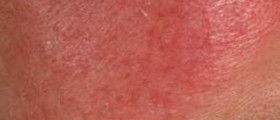
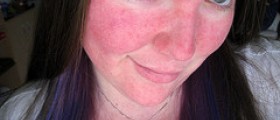
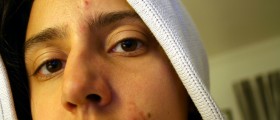



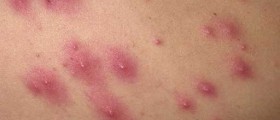

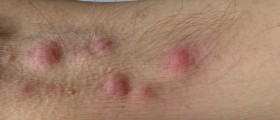


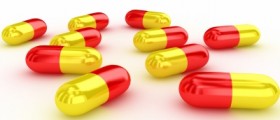
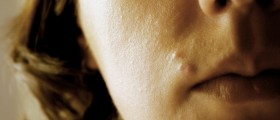
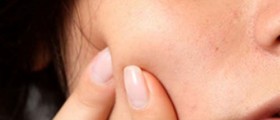

Your thoughts on this
Loading...